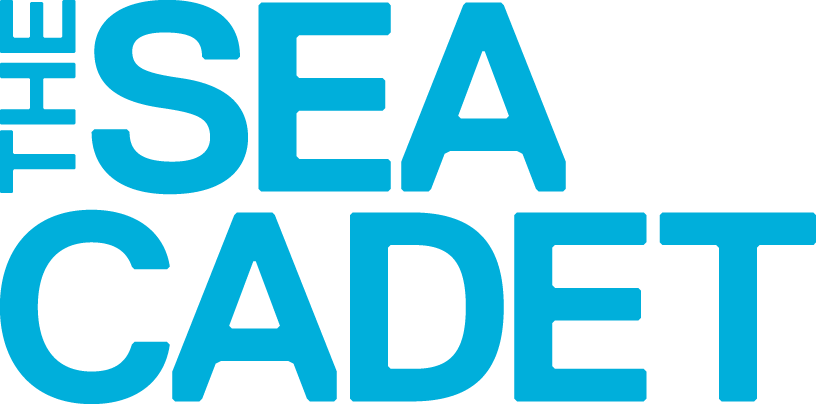Beneath the waves
Cadets are taking part in an important new project we've launched to test the water where our activities take place
Few things are as important to sea cadets as water. It’s central to the Sea Cadets Experience, offering somewhere to have fun, try new things and make memories that last forever. We recently embarked on a new project to test the quality of the lakes, reservoirs, seas, rivers and docks we use across the UK. This initiative stemmed from last year’s Cadet Conference, where one of the top 10 priorities identified by cadets was protecting the environment. As a result, we worked closely with Dr Katie Reilly, a Postdoctoral Research Fellow from the University of Birmingham, and secured a national bid with the Natural Environment Research Council in the UK to fund the project.
It is of huge importance that the quality of the UK’s bodies of water is good enough for future generations of cadets to enjoy. Through this project, boat stations are utilising water quality measurements to monitor how their bodies of water may change throughout the boating season, and if the quality is declining over time.

The goal is to actively involve the cadets – our Water Quality Heroes – in the research behind water sampling. Participating in this national study is a valuable opportunity for cadets to contribute ideas and highlight environmental concerns in their local areas. The skills they gain will also create young scientists in our units to keep pushing for improved water quality.
Making a difference
Cadets can attend courses at their local boat station to take part in the monthly water quality tests, checking for excessive algae and water clarity, temperature and pH, conductivity and chemical tests for phosphates and nitrates. Cadets in the North West have already gathered two sets of data at Crosby Boat Station, analysing the results and coming up with questions in preparation for phase two of the project, where they will share their ideas about which tests are carried out in the future.

Liam Hanna, Manager of Crosby Boat Station, said the project has been a huge success so far: “Already the hot topic of plastic pollution has ignited discussions among the cadets,” he said. “This has given them a chance to reflect on the scale of the growing problem and discuss possible solutions for their local boating locations. This is important as it shows them that they can make a real difference in the world.”
The UK Government is currently making changes to water quality sampling and monitoring through Defra’s Plan for Water. The results and experiences gained through this project will show the success of this idea – that young peoples’ involvement in research can lead to important results, which could help change the future of water sampling.
Cadets have shared their thoughts on being involved in a project that could potentially reshape the practices of government agencies. “I have enjoyed using the professional equipment to do the tests,” said one cadet who took part at Crosby Boat Station. “It’s good to see how professional scientists do it.”
Tomorrow’s scientists
“The excitement and expression on the cadets’ faces when we share the impact of the tests shows how engaged young people can be when given the opportunity to explore and learn through STEM,” Liam added. Another cadet who took part said, “Doing the tests has reassured me that the water I am boating in is safe.”
This reflects the level of concern some cadets have around the cleanliness of the bodies of water we use for our boating activities. It’s also part of a wider problem: feelings of hopelessness and frustration with environmental issues – commonly called ‘ecoanxiety’ – are increasingly reported in young people.

“This project highlights the importance of working with others to address environmental issues,” said Dr Katie Reilly. “Cadets are some of the key players in these environments, so their voices should be part of the discussion around the future monitoring and management of these sites. We want to help tackle some of this frustration for cadets, through supporting the experiments to collect this data, but also through communicating the results, the importance and challenges of this work.”
We hope cadets will get the chance to gain hands-on experience exploring the water quality at their local boat stations, but also to talk about what might be impacting their local environments, and what we could do to protect them. Our potential for positive change is huge, and sea cadets can lead the way as Water Quality Heroes!
Photos: Sea Cadets
More Features

Be your best self
Every year a cadet from each area is selected to be a First Sea Lord’s Cadet. Let’s meet the cadets selected for this prestigious role for 2024


